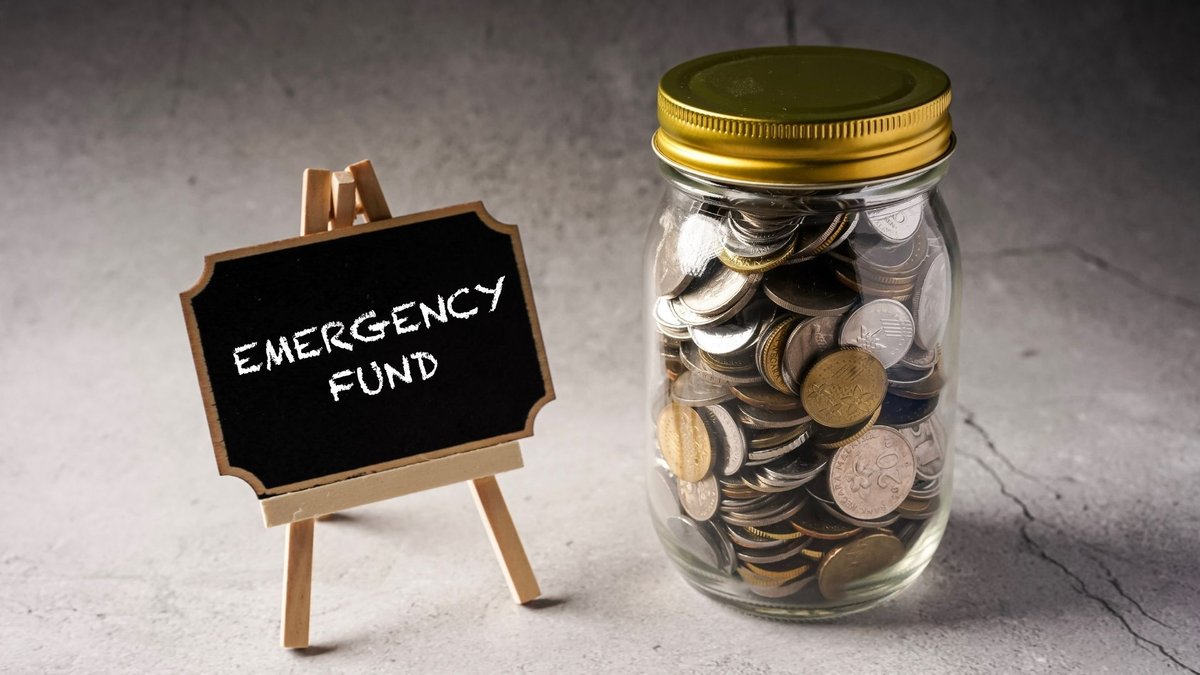Getting ahead in 2020: Why building an emergency fund is the way forward
Published by linker 5
Posted on September 11, 2020
4 min readLast updated: January 21, 2026

Published by linker 5
Posted on September 11, 2020
4 min readLast updated: January 21, 2026

By Shahid Munir, co-founder of MintedTM, an investment platform which allows individuals to buy and sell gold bullion.
2020 has forced a lot of changes, especially where personal finances are concerned; attitudes towards investment have shifted and financial security has taken priority. Knowing that high-risk investments won’t guarantee profit, individual investors are considering longer-term alternatives and opportunities to save. So, at a time when stock markets are volatile, where should individuals be investing their money for the best returns?
While no one could have predicted the coronavirus crisis or the widespread economic devastation that has come with it, tension has been growing across global marketplaces for some time. Back in 2018, there were talks of a financial crisis and, even before the pandemic, unsecured debt hit a new peak of £14,540 on average per household. Now, with the UK entering into the deepest recession on record, unemployment climbing, and government support dwindling, the true value of quick-access ‘emergency’ funds has come to the fore.
Whether it’s a failed MOT, a broken boiler, or redundancy, in the event of a financial emergency, individuals are less likely to have the time or inclination to research the options available; many may resort to quick-fixes such as a high-interest payday loans to get themselves out of a difficult situation. According to research from Which?, 30 percent of people earning up to £28,000 a year were unable to save during lockdown. However, as recovery gets under way, it’s clear putting money aside to cover any large, unforeseen expenses can help to preserve existing finances and keep stress to a minimum.

Shahid Munir
Despite there being plenty of investment options available, very few lend themselves to building an emergency fund. With government premium bonds currently yielding virtually nothing and interest rates on cash ISAs sitting far below inflation, what was once considered safe is not only under-performing but is costing investors money in the long run. To reduce risk, investors should be diversifying their portfolios and investing in cryptocurrency or physical assets such as gold. For example, gold Exchange Traded Funds (ETFs) are popular with some individuals because they provide an easy way of gaining exposure to any increases in the precious metal’s value, while still allowing easy access to the funds if they are needed
With new types of technology platforms offering easy-to-use mobile savings apps, individuals can look further than traditional ISAs and bonds and begin to start investing in precious metals, something that may not have seemed possible in the past. Being based on an average rate of return and outperforming inflation, gold isn’t just a safe haven risk-off asset, it’s a key step towards establishing a watertight emergency fund.
While many people are looking for innovative ways to maximise saving potential, it doesn’t have to be complicated. Often, taking a step back and considering both personal and financial objectives can work wonders. This may involve analysing personal expenditure, taking stock of any outgoings and gauging their appetite for risk. It is wise to work towards building an emergency fund that covers three to six months’ worth of bills and expenses or to save around 10 percent of an annual salary.
Treating an emergency fund like any other fixed cost on pay day and separating it from day-to-day bank accounts and transactions will make it easier to commit to investing. For example, taking advantage of any platform-specific features, such as setting up a minimum standing order, can take the pressure off investing a lump sum. Often, it’s easier to reach an end goal by saving smaller, regular amounts, and topping them up where possible – autosaving apps are a perfect example of how these costs can add up over time.
Kickstarting an emergency savings fund is one of the first steps investors can take towards financial health, future planning and getting out of any debt cycles. While gut instinct may tempt people to keep money in the bank, investment in physical assets, such as gold, offers individuals the opportunity to benefit from greater returns and peace of mind, providing that all-important safety net for whatever the future may hold.
Explore more articles in the Investing category











